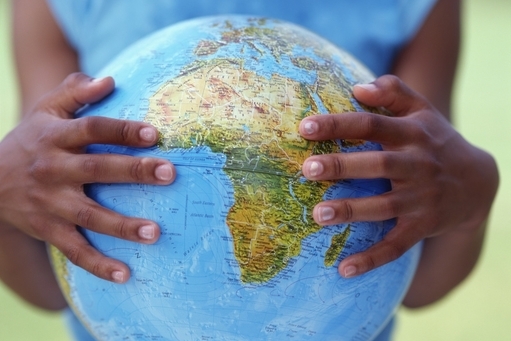Business
Doing Business in Africa: A profile of Senegal

Situated on the westernmost tip of Africa, Senegal is a country that has long been associated with European and transatlantic trade due to its geography. Colonized by the French in the 1850s, Senegalese territory was one of the first in Africa to come under European domination. In the century of French rule that followed, Senegal became deeply influenced by its colonial power and upon independence in 1960 adopted many of the organizing forms of French government.
For the first 20 years of Senegal’s independence, the country was led by its first president Léopold Sédar Senghor, a French-educated academic-turned-politician who was to become one of Africa’s leading thinkers during the 20th century. Though of a mind to promote a form of African socialism, Senghor remained deeply tied to France. As a result Senegal remained very much under French tutelage his entire administration – thus avoiding a catastrophic foray into radical socialism of the type that beset many newly independent African states.
An additional point in Senghor’s favor is that while he initially dismantled the mixed presidential-parliamentary form of government in favor of a presidential system he dominated completely, Senghor allowed a relatively open and democratic multiparty political system to develop. While Senghor remained president for 20 years until 1980, the democracy that emerged under his rule would turn out to be a strong and confident one that electorally endorsed Senghor’s hand-picked successor, Abdou Diouf, in 1981.
Diouf continued his predecessor’s liberalizing policies and in 2000, he peacefully turned over power to the political opposition led by Abdoulaye Wade when he lost that year’s presidential election. Wade, in turn, turned over power peacefully in 2012 when he lost a bid to win a controversial third term as Senegal’s president. Thus, Senegal has established that rare thing in Africa – a stable, multiparty democracy with a history of turning over political power peacefully according to the dictates of the electorate.
Ease of Doing Business
Given all this, what are business conditions like in Senegal? According to the World Bank, Senegal currently ranks 152nd out of 183 countries on its Ease of Doing Business Index – a measure created by the bank to gauge the degree to which commercial enterprises encounter regulatory hurdles, legal threats to property, and the time and money spent on things such as registering a business, ensuring right of title to property, and acquiring licenses. By way of comparison, the U.S. ranks 4th for ease of doing business, right after Singapore, Hong Kong, and New Zealand.
What does this ranking mean? Take, for instance, the bank’s measure of how easy it is to start a business, which is depicted in Figure 1 below. The bank defines business-creation costs as the time and money involved in the series of legal steps an entrepreneur must take to establish an in-country firm. Using this framework, the bank then tasks researchers to go through this process and establish in-country averages.

